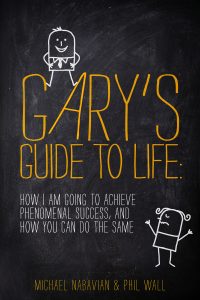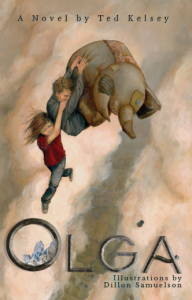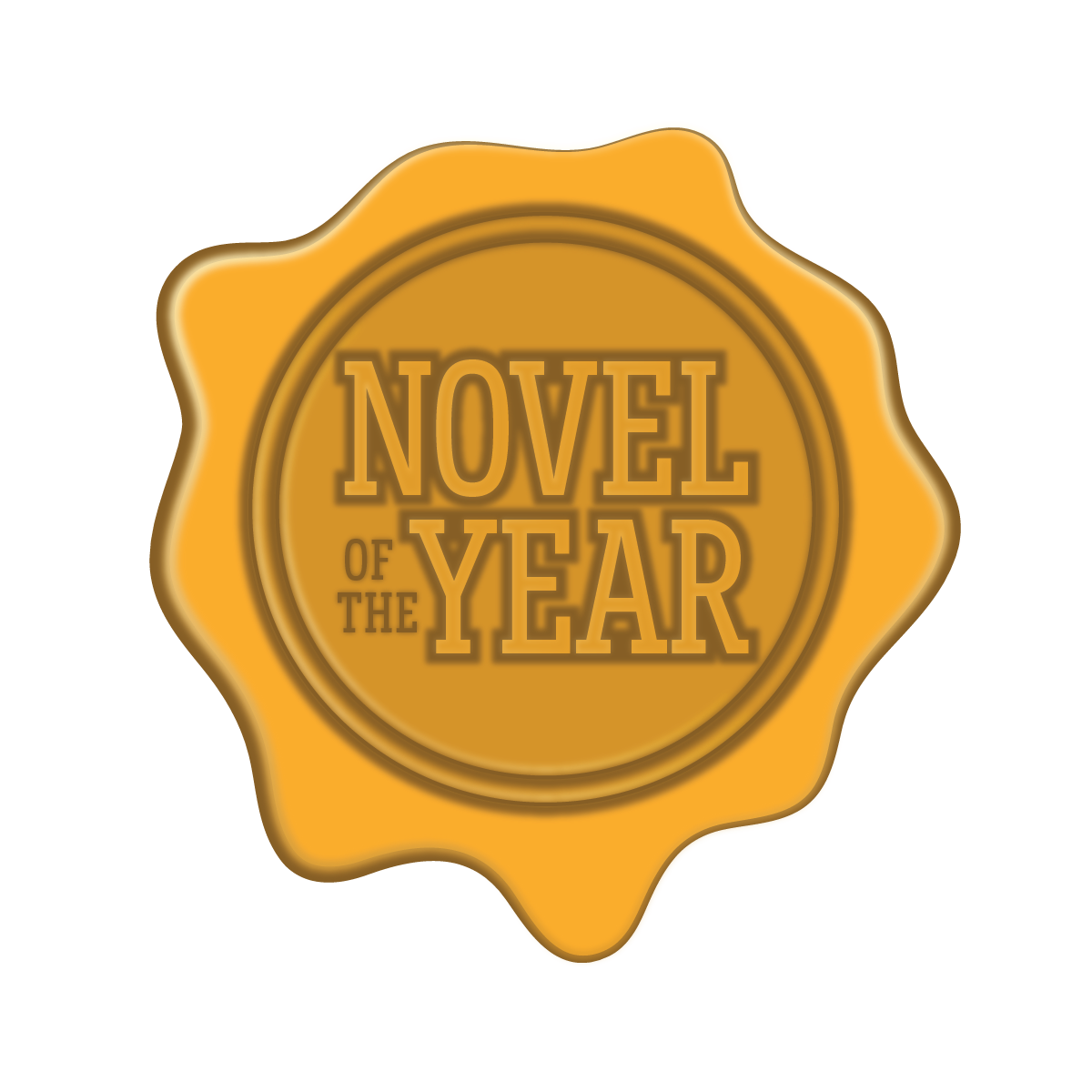The Rundown
The Recommendation
The Rating
The Links
The Reviewer
Steve Wetherell
Visit Steve Wetherell‘s website.I want to talk to you about Hugh Howey, Pokémon Go and Weeding the Garden. I realise that’s a lot to take in, but bear with me, because I swear I’m going somewhere with this.
It was a few weeks back when my Facebook feed split into two distinct camps— people suddenly fascinated with capturing non- existent creatures, and people baffled by people suddenly fascinated with capturing non-existent creatures. However, what the two camps could unanimously agree on was, regardless of how stupid/amazing they thought Pokémon Go was, it was encouraging people to walk about outside in the fresh air and that was a good thing. Everyone knows that more exercise is only a good thing, right?
Well, everyone apart from Hugh Howey, apparently.
Now, if you’re reading a blog about indie writing and you don’t know who Hugh Howey is, then I assume you’ve only just moved out from under your rock. Welcome, friend. The sun is harsh and cruel.
Anyway. Hugh is basically the poster boy for indie success, and he’s so ingrained in the communities of self-published authors that you can’t help but bump into him on social media now and then. So I know of Hugh, not just as a boat sailing, shirt despising, self-publishing giant, but also by his secondary reputation—as a Genuinely Good Guy.
That’s why it was so weird for me to see him, after making several posts about how Pokémon Go is kind of dumb, follow up with an offhand Facebook post saying that walking isn’t really exercise anyway. Whether Captain Shirtless is right or wrong is besides the point, because someone who’s in great shape making sneering remarks about the exercise habits of others is…well… that’s kind of a jerk stereotype isn’t it? Certainly far removed from the Huggers gotta Hug, Spread the Love social media persona I’d come to expect. I wouldn’t have given this throw-away remark a second thought if I’d seen it from any other author, but from Hugh Howey it just felt… wrong, somehow.
Because It was off brand.
Brand might seem like a word a marketing executive says before she eats a live baby or however it is they work their terrible magics, but if you’re an author and you’re shilling your books then you have a brand whether you realise it or not. Social media is your platform, how you behave on social media, how you are perceived on social media, is your brand.
Now, I’m sure sensitive Pokémon fans don’t make up a massive percentage of Hugh Howey’s fan base so I expect he’ll survive his throw away faux pas, but many of his fans did notice, and it will affect their perception of him. Even if only a small amount. Will it stop them buying his next book? Nah, his boat ain’t sinking any time soon. But it’s definitely a question you should ask yourself before you post that next Harambe meme— is this going to alienate any of my audience?
Am I saying you shouldn’t be true to yourself on Twitter? Or that you should be a fake on Facebook? Well, no. What I am saying is, if you’re engaging your audience, don’t forget that they are your audience. Be prepared to accept that if you post about your politics or personal beliefs, those politics and personal beliefs will rub some people the wrong way and you may lose potential readers.
Not that that’s necessarily a bad thing. For instance, fantasy comedy writer Robert Bevan has always been pretty upfront about “weeding the garden”, often writing deliberately provocative blog posts, and even going as far as to write a whole satirical novella calling out those viewpoints he disagrees with. While more wishy-washy authors might stay on the fence to avoid alienating potential book buyers, Bevan straight up draws a line in the sand. He knows what his brand is and he sticks to it.
Maybe you think I’m being paranoid here? It’s only Facebook after all, just a place where people go to photograph their dinner and complain about movies, right? No. Anybody who’s ever worked in the service industry knows that as soon as you present your persona to the public, you have a public persona, and the strength of that persona could mean the difference between a ten dollar tip and a complaint to the manager.
If you’re selling your stuff, then you are a salesman. And all good salesmen are aware of their brand. You think Ronald McDonald suddenly starts tweeting about how hamburgers are bullshit? You think the Kardashians are going to share a post about how reality TV is making us all chronically stupid? Those are extreme examples, granted, but just be aware— if you’re treating social media as a place to promote yourself, then you don’t have the luxury of sharing any old tosh.
“But Steve” you say. “I’m already one step ahead! I have a separate Facebook account for my author identity!” Well wipe that smug look of your face because you’re wrong. Unless you have a pseudonym a reader is not going to distinguish between your accounts, and nor should they be expected to. Think about it, if we see Justin Bieber in a cafe, just sitting there not acting like a jerk, nothing changes. It may be his down time, but he’s still Justin Bieber and he’s still a jerk. You are your brand, no matter where your audience finds you.
Say, remember those days before the internet when you’d pick up a book and all you’d know about the writer was a carefully vague blurb and maybe a black and white 8x10 of a completely neutral expression? Remember how gosh darn mysterious authors were back then? Yep. Those days of are well and truly gone.









